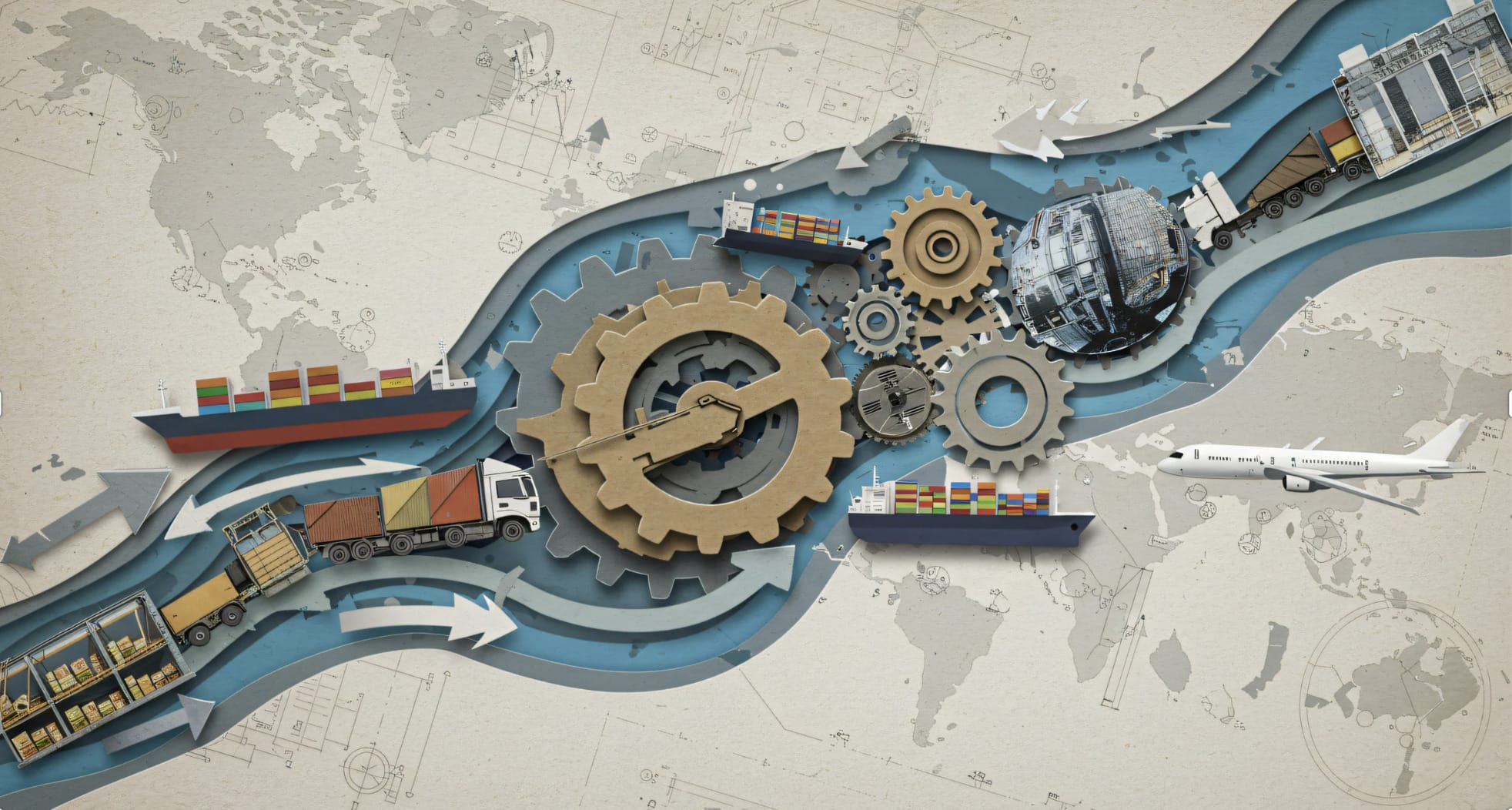
Since the onset and disruption caused by the COVID-19 pandemic, companies have had to implement changes to avoid risks as the entire manufacturing ecosystem for companies with overseas suppliers has been impacted on a massive scale. The shutdown in travel has left U.S. firms more vulnerable than ever to challenges with supply chains. Restrictions, health risks, and mandated quarantines have made it impossible for U.S. managers to manage production and quality in China and other Asian countries.
Why hire a sourcing agent now?
In the past, companies have found that sending trusted personnel overseas to establish manufacturing partnerships and manage quality control has led to fewer complications and a smoother manufacturing process from start to finish. While this has proved to be a reliable model for some, others have engaged sourcing companies in Asia to manage factory relationships.
Companies are now scrambling to find reliable sourcing agents whose roles are now more critical and valuable than ever given the pandemic situation. Eroding relations between the U.S. and China will place even greater dependence on sourcing agents who serve as a bridge to fill the void between companies and their overseas manufacturing partners during this time of travel restrictions.
With travel to Asia out of the question potentially for the remainder of 2020, the following are key functions where sourcing agents can greatly enhance strategy, move sales onward, and mitigate risk:
- Finding and vetting factories
- With numerous factories to choose from, finding the optimal factory to work with can be a painstaking and time-consuming process. Vetting China/Asia factories is also difficult without experience. Sourcing agents are able to identify and visit factories in person and have the experience needed to vet suppliers and match them with companies according to their needs.
- Negotiations
- Sourcing agents are able to negotiate with factories so companies can get products manufactured at a lower cost.
- Quality control and pre-shipment inspection
- This is a crucial stage in the manufacturing process. Having a reliable partner on the ground who is able to see and touch products in person mitigates costly mistakes and delays. A good sourcing agent will also oversee critical pass/fail testing.
Finding the right sourcing agent
While many companies may be desperate to quickly find someone to help them with their manufacturing needs, this isn’t a quick fix process. Finding a reliable agent who can efficiently and effectively fulfill needed responsibilities requires keen attention to detail.
Here are a few of the major things to look for when interviewing and hiring a sourcing agent (see a full article from Baysource Global on the subject here):
- Business Licenses and Permits
-
- A license to export and permit to operate are things every sourcing agent or agency should have.
- Experience
-
- The level of experience in a sourcing agent makes a large difference in their ability to get the job done efficiently. More experience also generally means they have more resources and connections to be able to pair companies with manufacturing partners.
- Language
-
- Sourcing agents also act as communications liaisons between the company and their overseas partners. They should be fluent in the native language where the factory is based and proficient enough in English to properly communicate messages between the two parties.
Sourcing agents can be hired as individual contractors or through an agency. There is a large market for these agents and not all of them will have the experience and business acumen that a company desires. Therefore, investing the time and resources into finding someone reliable and who can become a long term partner can pay great dividends. While this is a critical aspect to consider when hiring a sourcing agent, it also applies to finding a supply chain consultant or other solution for turnkey manufacturing in SE Asia or elsewhere.
Sources:
Contact Us






Follow Us